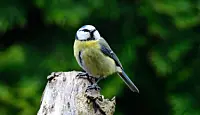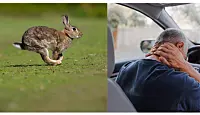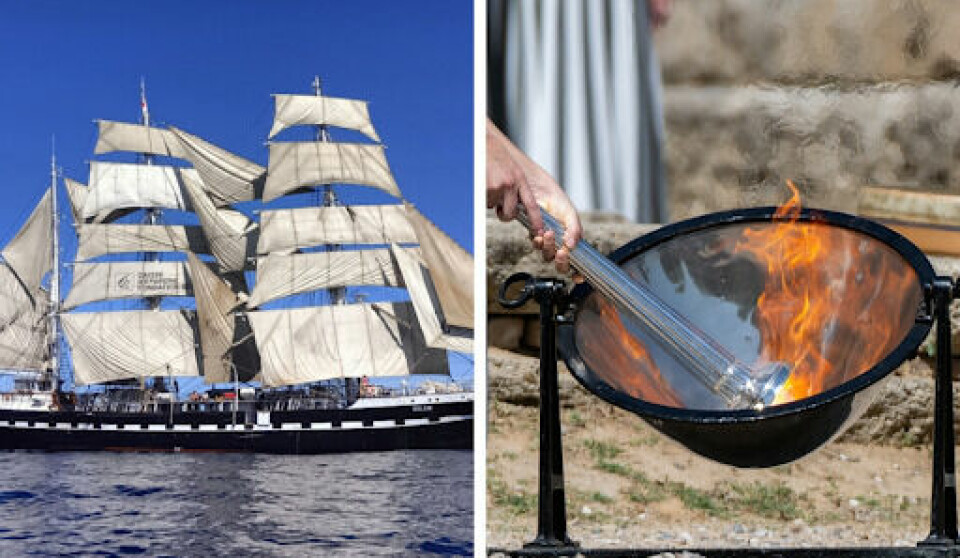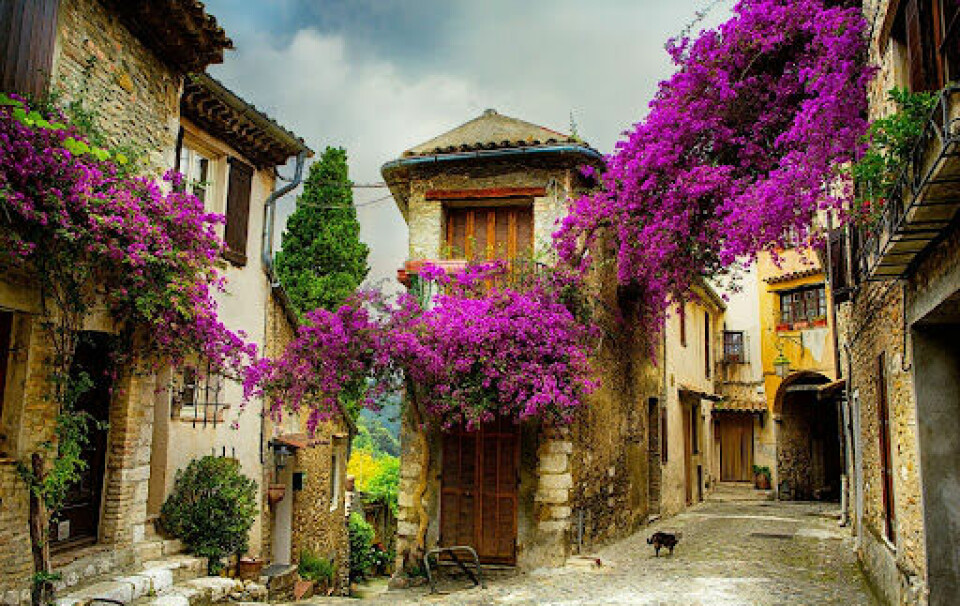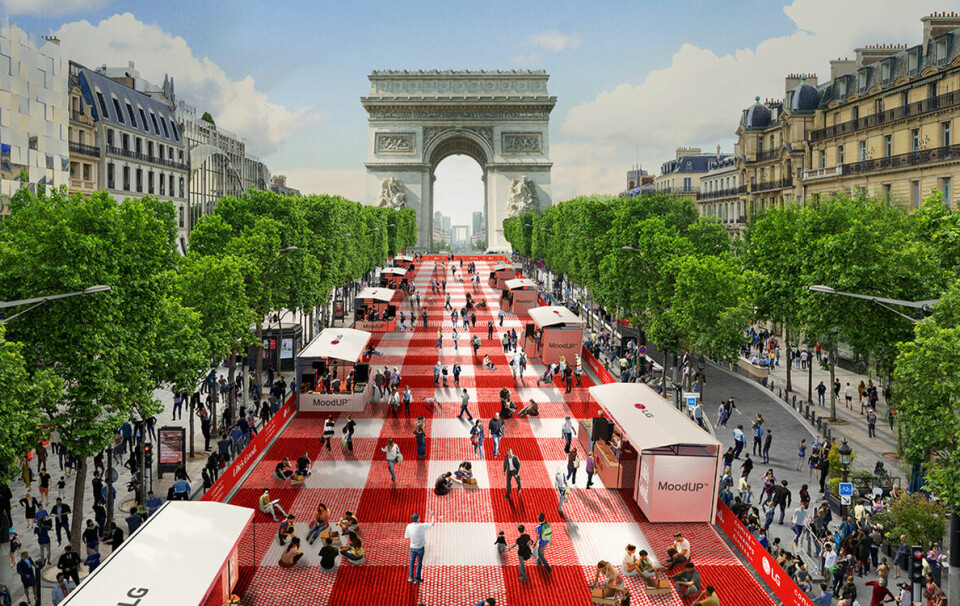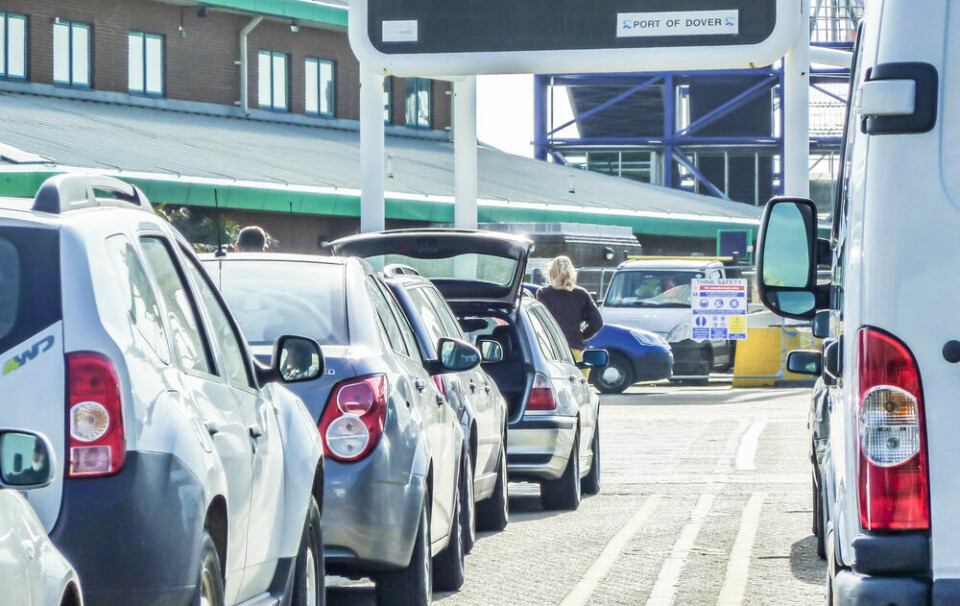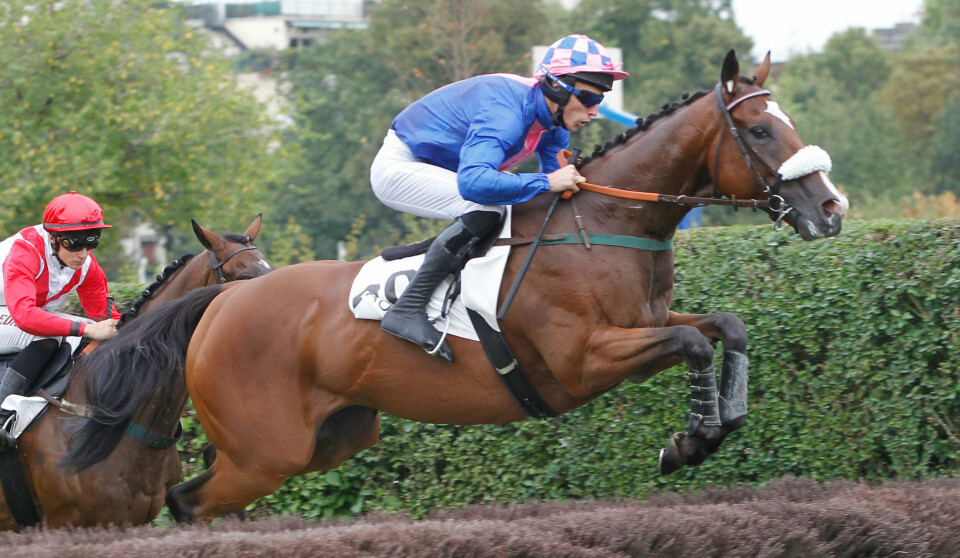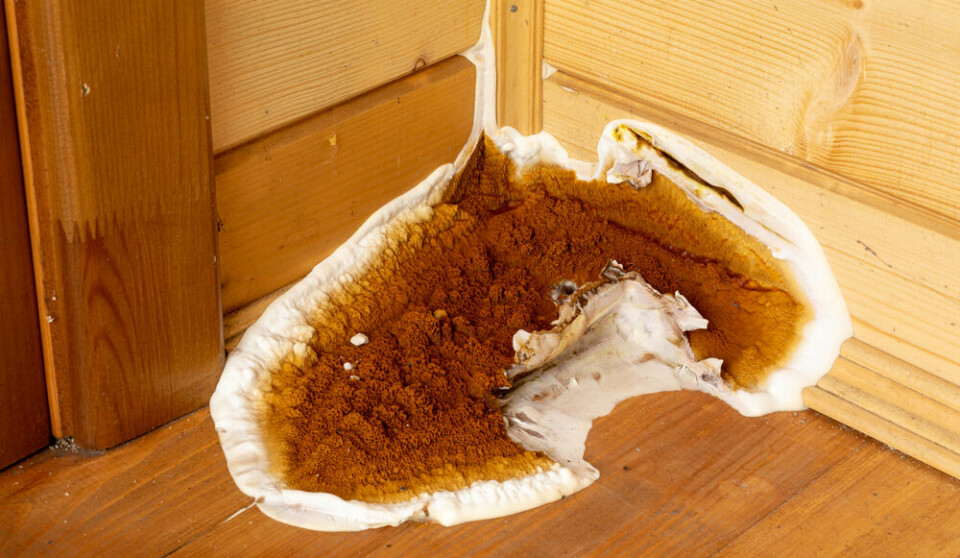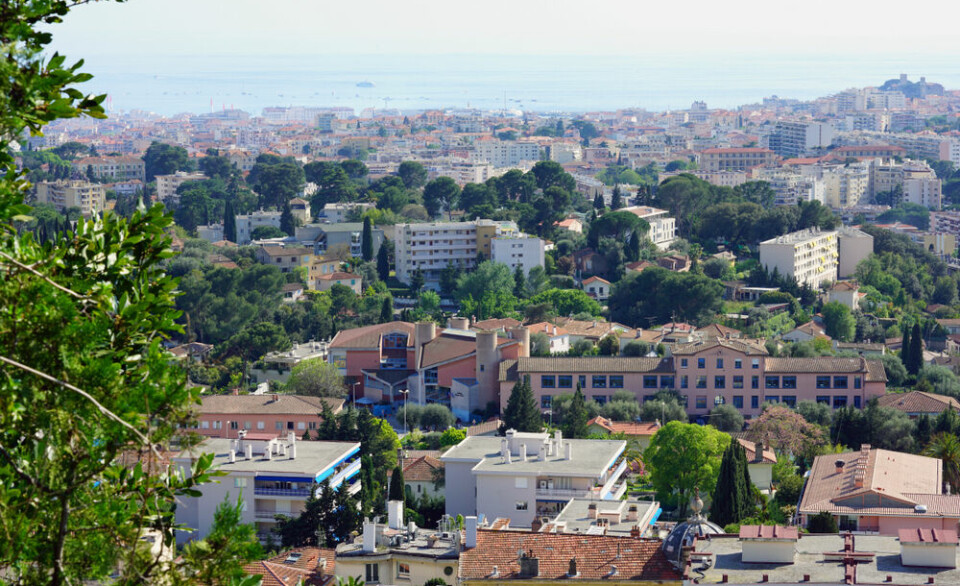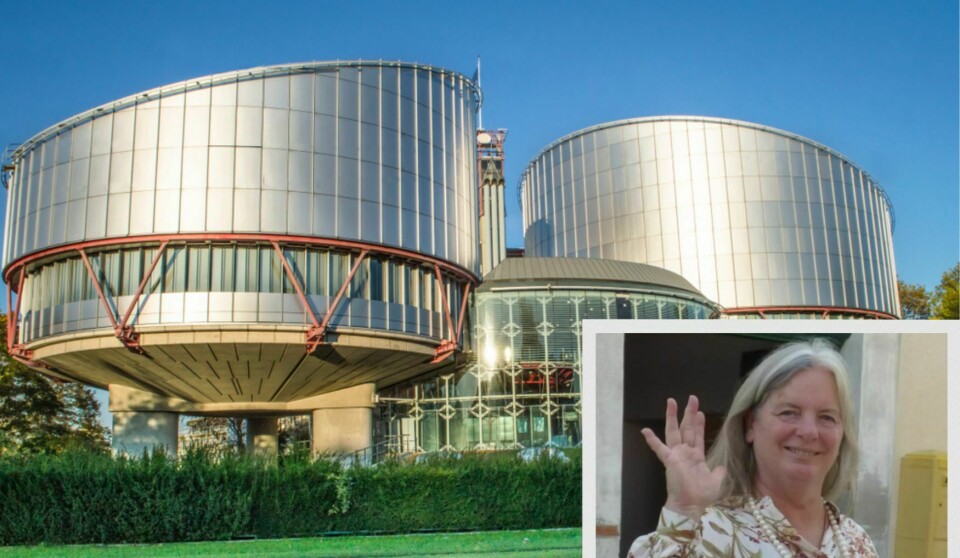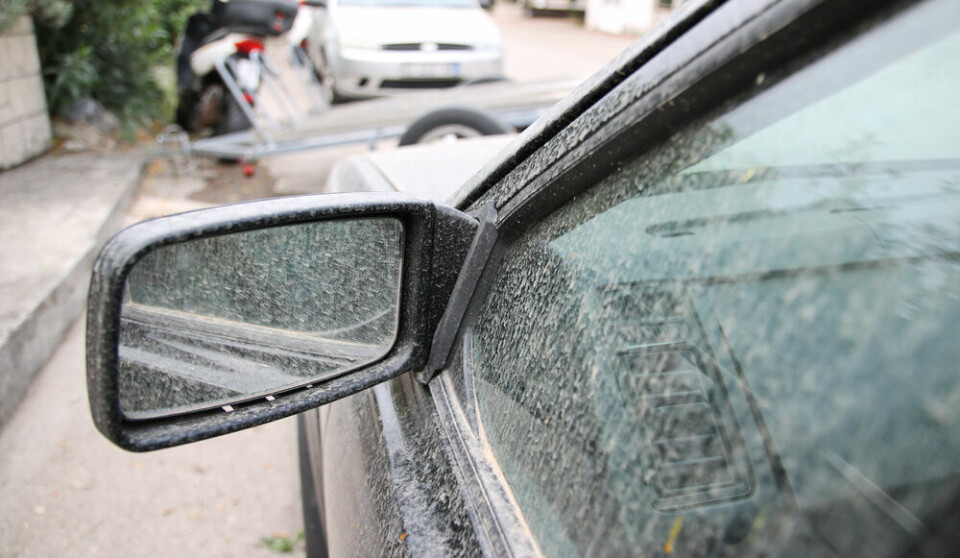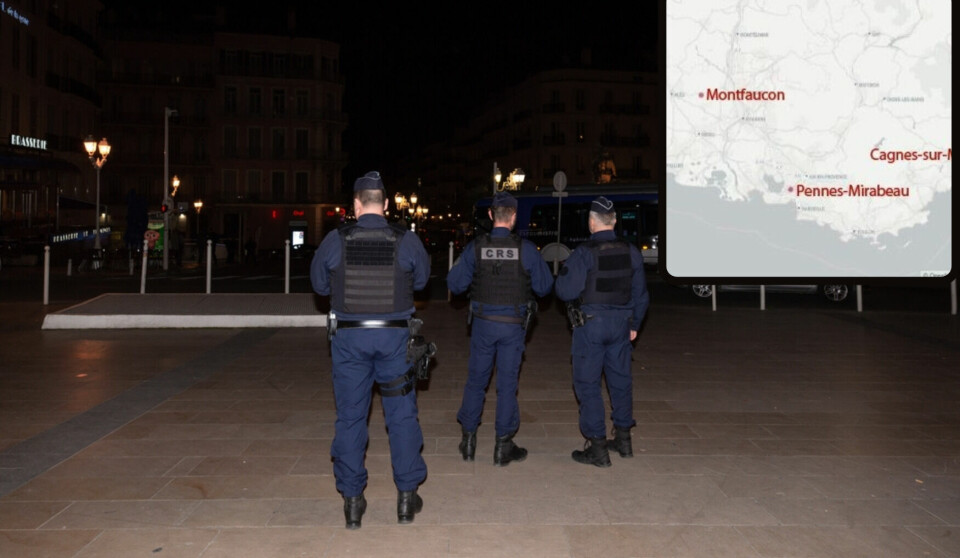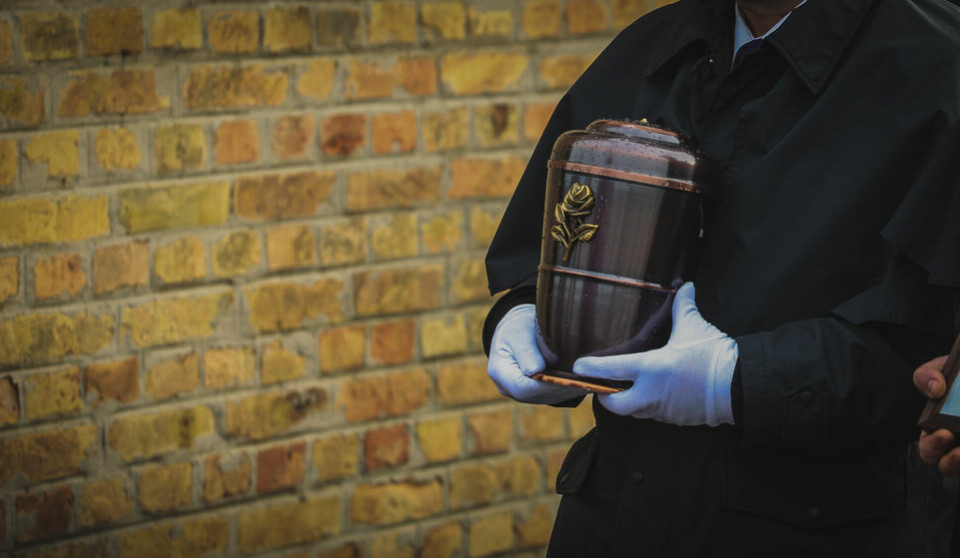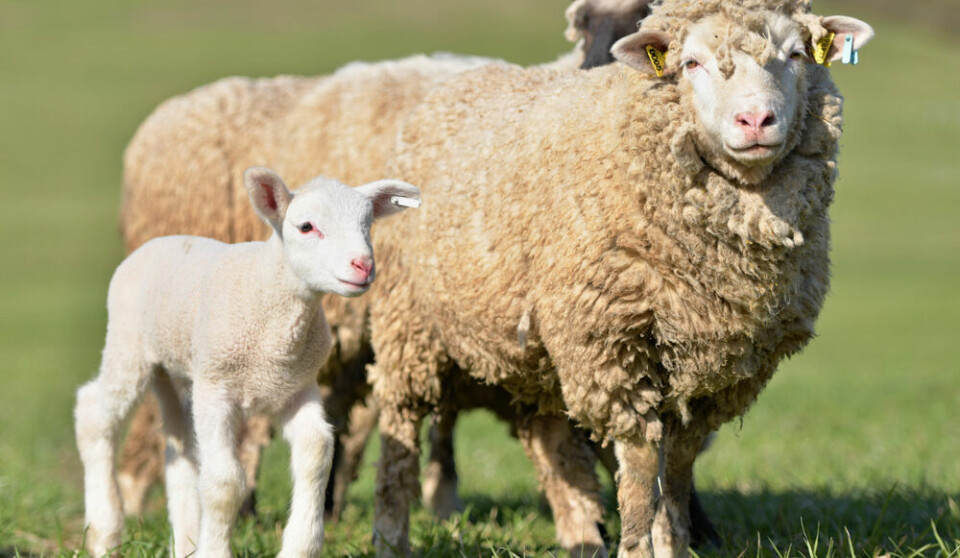-
Meet France's great garden acrobat
With its bright yellow and blue plumage, the Eurasian blue tit is easy to spot in the garden.
-
Petit lapin, coup du lapin: 6 commonly used French rabbit expressions
A potential new penalty for missing a doctor’s appointment has also been nicknamed la taxe lapin - we explain why
-
Full tour of Carcassone’s medieval ramparts to open for the first time
Visitors will be allowed to walk all three kilometres of its historic walls from September
The happy ending for the little car that could
If you like stories with a happy ending, this tale of the little red Twingo and its Australian adventure is hard to beat

Once upon a time, 22 years ago, French journalist Jean Dulon dreamed of making a documentary about exploring of Australia. But he had no money, so his dream seemed out of reach. Until one day at the Paris Motor Show he came across a little red Twingo and he had an idea.
“Maybe I could persuade Renault to help,” he said. “So that Christmas I wrote to them, explaining my idea, and by some miracle, in the first week of January they phoned me to say they would supply a car for the adventure.”
But the journalist wanted more; he wanted his Twingo to win a prize for making such a hazardous journey. He wanted her painted with an Aboriginal design, like the Australian aeroplanes he had seen. So he contacted Indigenous Australian artist John Moriarty who also agreed to help.
In June 1994, Jean and the tiny French car set off for Australia longing to drive, through the dust and heat, over unmade roads, to the furthest reaches the lost continent.
Renault had installed a kangaroo bar, and a steel plate to protect the chasis and the gear box, as well as special tyres, but otherwise, his Twingo was a standard urban run-around.
Mr Moriarty had, however, set two conditions. "He wouldn't paint my Twingo until she had earned the privilege," said Mr Dulon. "Like an initiation into the culture, she had to do the journey first."
The second condition was that they had to visit Borroloola in the Northern Territory where John was born, so that Jean could understand the land and listen.
"Go there so you can hear the words and feel the spirit of the ancestors,” Mr Moriarty had advised. “Only then can you receive the gift of Balarinji and the meaning it represents.”
So Mr Dulon travelled to Australia and made his documentary. He headed north to Uluru, crossed the desert on the isolated track known as the Gunbarrel Highway, visited Aboriginal communities of Warakurna and Warburton in the Goldfields of Western Australia, reached the coast at Esperance and from there drove to Albany and then to Perth.
"When I finally reached Borroloola and met John again, I was transformed. I felt like part of Australia had entered my heart." But the odyssey still was not complete. He still had thousands of miles to drive before he got to Sydney, where John was waiting with the design sketches.
But all went well. The journey was completed, the little red Twingo had earned her wings, and John painted her with a design called Balarinji Dreaming before she and Jean returned to France. "Back home, the documentary was shown on television, the press wrote articles, my little red Twingo was famous for a while," Mr Dulon. "It had all been a wonderful success."
And he continued to drive the little car – until, one day, he realised that she had done more than 300,000 miles.
She needed to retire, but where? She could not just sit in Mr Dulon’s garage until the end of time. Where could she go? "The strange thing was," said Mr Dulon, "that for 20 years, wherever I drove her, wherever I parked her, no-one ever damaged her.
“There was never any jealousy - no graffiti, no attempts at theft. She just made people smile. And she had become part of the family. So I couldn't think of scrapping her. I needed a solution. A permanent home for my Aboriginal Twingo.”
Now he has found one. The little red Twingo is on her way back to Australia where it will be on permanent display at the National Museum of Australia along with artist Mr Moriarty's original designs, and the documentary film that was made of the big adventure in a little Red Twingo.
And Mr Dulon? "I hope that somehow I'll be able to go along with all the Ambassadors and VIPs, to the opening, just to see my little red car one last time.”
Whether that happens or not, Mr Dulon is happy to know that his little red Twingo will live happily ever after.
